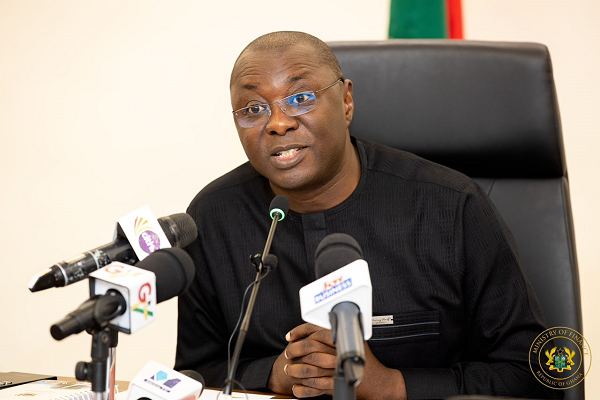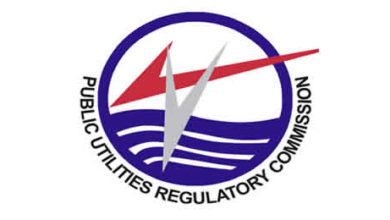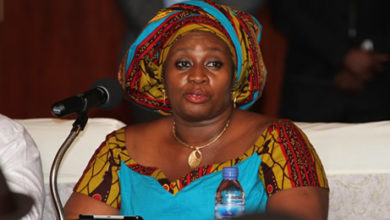Risk of overspending budget in next year’s elections real – World Bank Country Director

The outgoing Country Director of World Bank, Henry Kerali, says the risk of government overspending in next year’s election is real despite a number of initiatives put together after the country exited the IMF programme this year.
Mr. Kerali speaking at the launch of the World Bank’s fourth Ghana Economic Update said Ghana’s true progress achieved under its recent IMF programme would be put to the strict test come next year when the country goes to the poll.
Following Ghana’s completion of the IMF’s bailout programme, a number of measures have been introduced by the government to sustain the gains made during the 4-year programme. The programme which started in 2015 was derailed by the 2016 elections necessitating an extension of the bailout agreement.
While the programme was brought on track and macroeconomic stability was achieved, Mr. Kerali said the budget performance of the past still gives a lot to worry about regardless of new measures that have been introduced.
“Going forward, it will be important to leverage this momentum that the fiscal responsibility law has introduced and ensure that there is fiscal sustainability particularly in the face of the upcoming election next year.
We all know in the past, Ghana has had cycles of overspending that coincides with the political cycle.
So, the next election will indeed be a test of whether the fiscal responsibility law, fiscal advisory council and all the measures that the government has put in place will attenuate that tendency to overspend in election years,” he said.
One of the key measures introduced in the aftermath of the IMF bailout was the passage of the Fiscal Responsibility Act which puts a 5 percent cap on the budget deficit that could be recorded in a fiscal year.
The Fiscal Responsibility Act has continuously been touted by the Akufo-Addo government as one of the measures that demonstrate the government’s commitment to breaking the election year overspending cycle.





